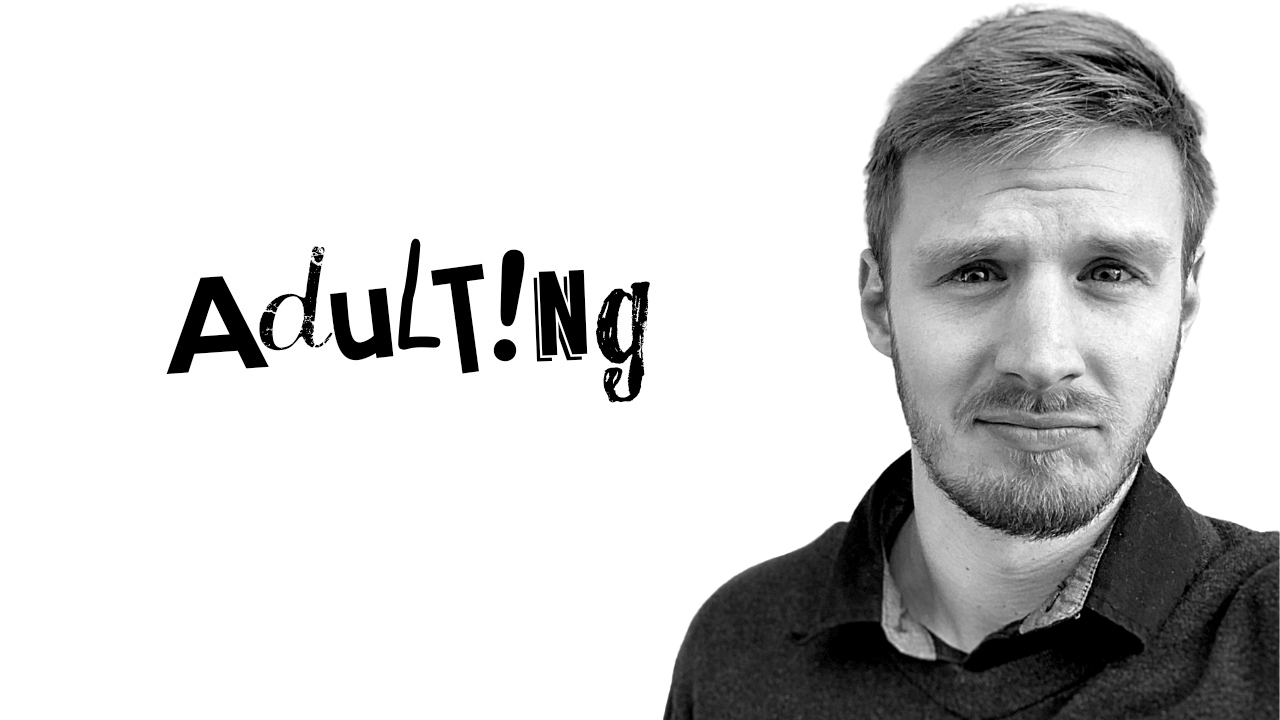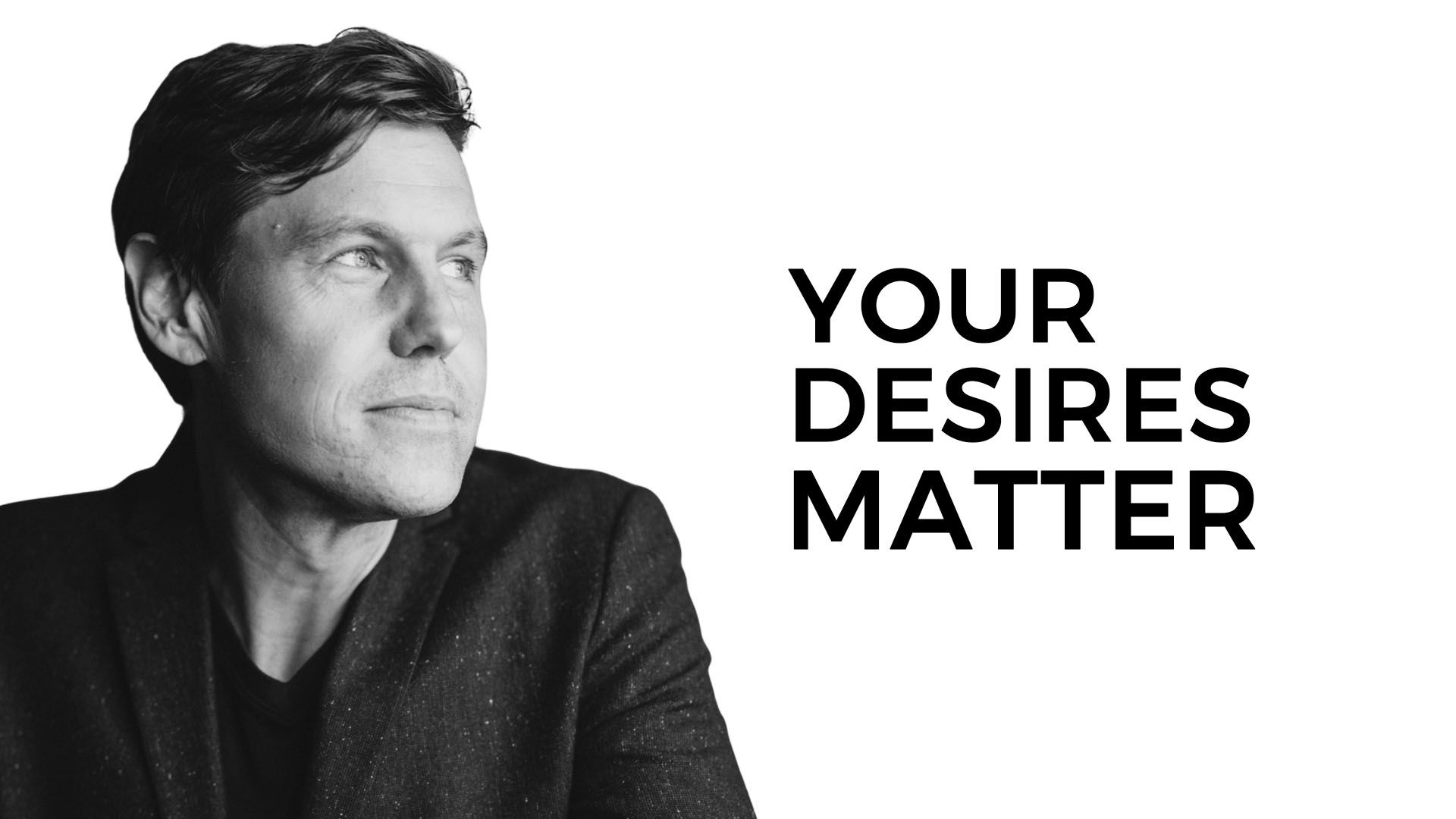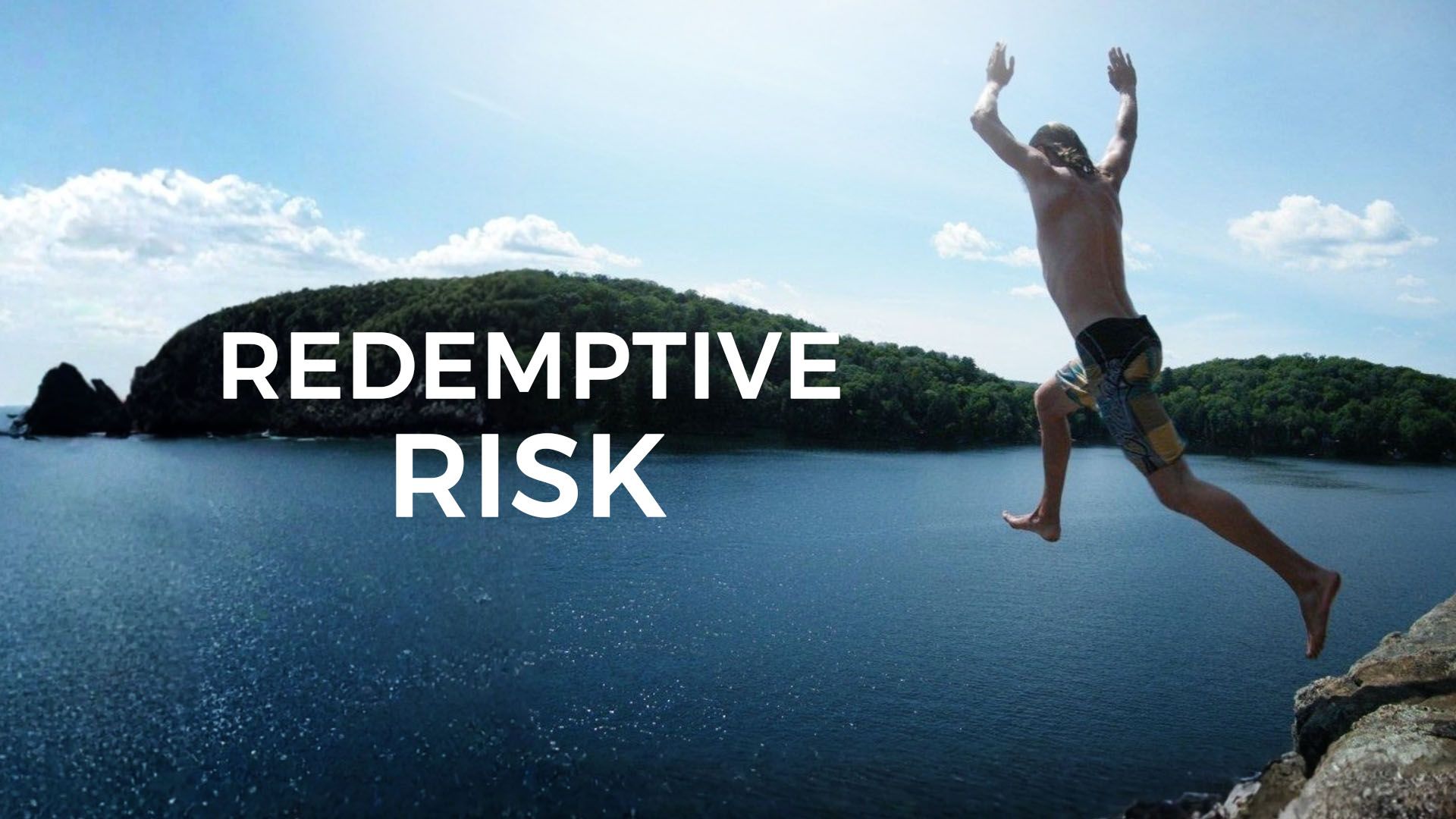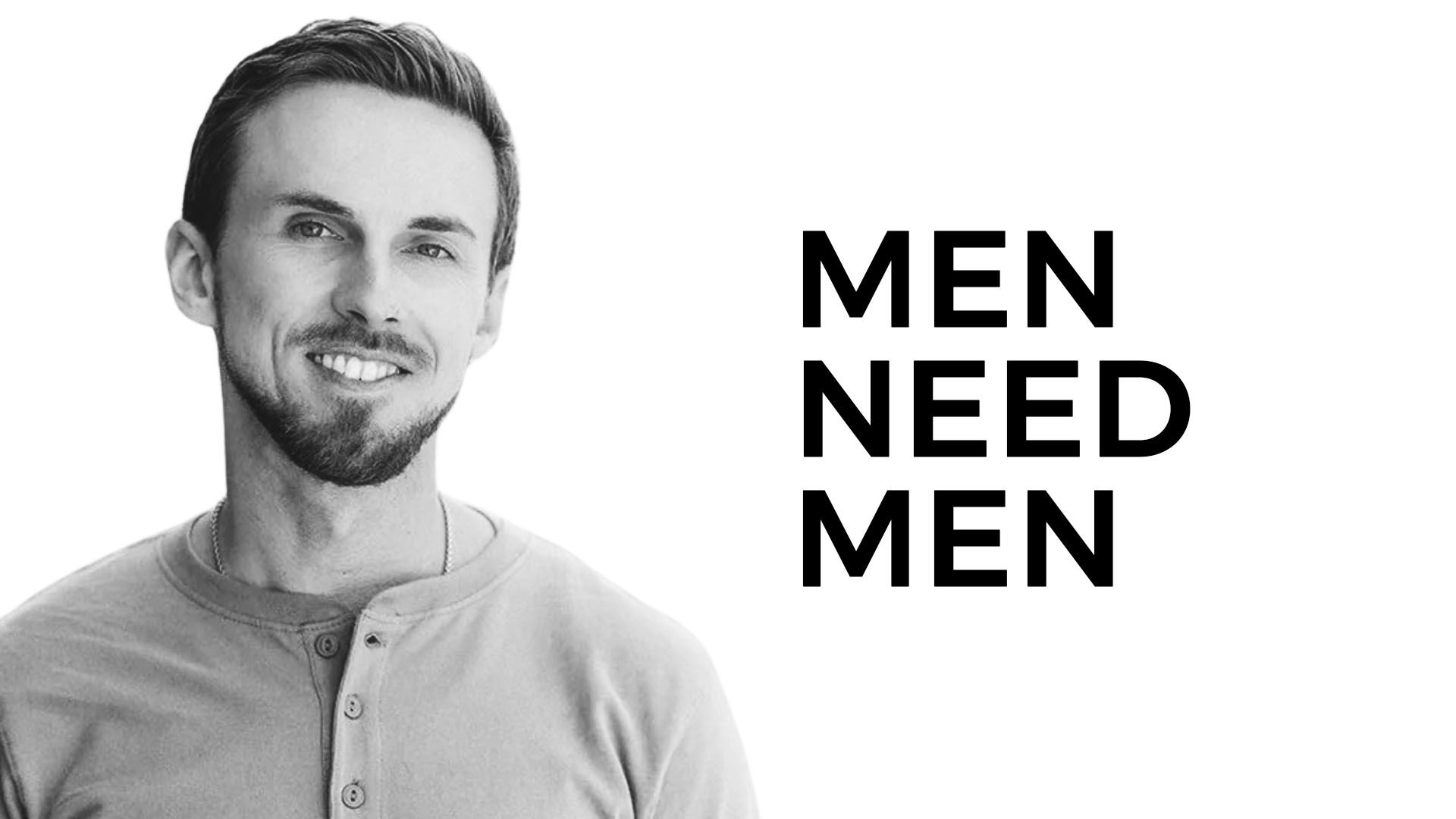How To Relate Like An Adult
Dec 28, 2020
Stop living in a parent-child dynamic. Here’s how to relate like an adult.
By Drew Boa
Today we are talking about feeling like an adult. Why? Because so often, even though we're adults, we feel like little kids again. And that's when porn is most appealing. It's the pacifier that we used to cope with our childhood pain. If we could feel like adults more often, it would lose a lot of its power. So, what's the key to feeling like an adult?
For me personally, and professionally in my work with clients, I have seen the most freedom from feeling like a little kid when we can leave behind our parent-child dynamics. What do I mean by that? Your parent-child dynamics are basically the style of relating that you learned when you were a little kid with your mom and with your dad. Those patterns are still with us. Even if you've moved away from your parents or your primary caregivers, even if they're long gone, even if they passed away, those patterns are likely still with you. And if you're not aware of them, then they are controlling your life. That's why we need to learn how to outgrow them.
There are two parent-child dynamics I want to talk about today: child-to-parent and parent-to-child. Let me explain what I mean. Is there anyone in your life who makes you feel small? You feel needy with this person. Maybe it's your boss at work and you feel like you need their attention. You need their approval to be okay. You need their affection to be okay. And if you don't have that, you’re not okay. Maybe it's while trying to make new friends and you feel like, ‘gosh, I am not okay if this person is not okay with me.’ These are child-to-parent dynamics because when we were kids, we really did need the other person. We really did depend on them for our survival, for our life. Without them, you suffered. If you feel like a little kid or feel small around other men, or if you ever feel clingy or needy in relationships, I would get curious about the role of abandonment in your life. Have you ever felt distant from your father or from your mother? Or maybe with a girlfriend or a spouse, you feel like ‘I really need this person to be okay.’ Oftentimes, what we're experiencing without knowing it is that child-parent dynamic. You feel like that little kid when you really did need the person and they weren't there for you and you suffered because of it. It makes a lot of sense that we would often feel this way, especially if we're not aware of it.
There's another dynamic that comes up in life all the time, which is a parent-to-child dynamic. Is there anyone in your life who feels like a burden? Maybe this person feels really small and you feel like you have to be big for their sake. This is a parent-to-child dynamic. I wonder if you maybe feel this with your girlfriend or spouse, like they need you, like they are not okay without you? Or maybe you feel this way with friends who are especially needy, or maybe if you are in ministry and leadership and your job is to help others? We often find ourselves reenacting a parent-to-child dynamic because a lot of times it was true when we were kids, especially with our mothers. Maybe this person wasn't okay without you, especially if dad was gone a lot of the time. Maybe mom needed extra help. Maybe she needed you to feel better. Back in the day, this person was not okay without you. This sets us up to feel like people in our lives who are struggling and suffering are not okay without us.
So in child-to-parent dynamics, we feel like “I'm not okay without this other person,” and in parent-to-child dynamics, we feel like “this other person is not okay without me.” We experienced these parent-child dynamics every day. Maybe you're in your twenties and you're still living at home. Odds are these parent-child dynamics are fresh for you because those same patterns that you experienced when you were a child and a teenager are likely still with you. Or maybe you're not living with your parents anymore, but when you go home you feel like a different person. You're back in those old dynamics, those old styles of relating. Or maybe you're older, maybe your parents are aging or they're gone, but these dynamics are still with you.
The characters change but the dynamics are the same. Even when they're not with us our parents are still present in our style of relating until we learn a more adult way to do things that helps us feel like an adult. This is what I'm calling peer-to-peer relationships. Rather than a child-to-parent relationship or a parent-to-child relationship when we are in a relationship with other adults the relationship is respectful. It's respectful of boundaries and it's reciprocal. It's not based on need. It's based on genuine desire and genuine enjoyment. If I don't want to spend time with this person, I won't, and I'm free to do that because I'm an adult. If I really do want to pursue this person, I can do that with integrity and be real and honest with them about that, and also not need them at the same time. In a peer-to-peer relationship, I can be connected and I can be separate. I can bond with people and I can have boundaries with people. This is what it feels like to be an adult. In a mature style of relating to other adults, it doesn’t matter if they are a parent, a spouse, a boss or a friend. It's peer to peer. It's respectful and it's reciprocal. If it's not reciprocal, then it doesn't need to exist. I don't need another adult for me to be okay. Yes, I do need community. I need connection for sure, but it doesn't have to be with a specific person. It doesn't have to be with my parents. As adults, we're actually allowed to relate to our parents as peers. The Bible does command us to honor our mother and father, but at the same time Jesus calls us to leave our mother and father in a significant way in order to follow him.
Here's the reality. Our parent-child dynamics that we've carried with us into adulthood can be an obstacle to the authority of Jesus in our lives. We're not free to follow him. We're not free to pursue what he's calling us to do as long as we are stuck in these old styles of relating. If you are continuing to depend on your parents for emotional support, for financial support, for even just the physical support of living in their house, or if your parents are continuing to depend on you for their emotional needs or for their projects around the house, I want you to just stop and evaluate whether this is an arrangement truly serving you. If it is, then it's appropriate to continue. You know, for some of you, you are in high school or you're in college and it makes a lot of sense to depend on your parents and you do still need them in a significant way. And for some of you, maybe you're older and you're caring for aging parents. Then they do need you. That poses challenges, but most of us are not in that place.
All of us are in the place of becoming sexually healthy, mature adults. It's hard because as much as we grow, as much as we heal, we still feel that need to be parented. We also still see others around us who need to be parented. Often, we try to take responsibility for them and feel like we have to be their parent.
Here's the good news that sets us free. We have a perfect parent: God. God is our father. This gives me the freedom to not have to be that for someone else. It gives me the freedom to not have to ask someone else to be that for me. In fact, with God as our father, we are all brothers and sisters in Christ. Even if your parents aren't believers you can treat them as peers, as brothers and sisters, or at the very least, as human beings. We all have the same God, who we were created for, who intends to father us, who intends to reparent us. When I truly believe this, it removes so many burdens. It relieves me of the burden to need other people to be okay or to feel good about myself.
Instead of having a child-to-parent dynamic or a parent-to-child dynamic, I can have peer-to-peer dynamics with other adults as equals. I recently read a book called “Adult Children of Emotionally Immature Parents.” It talks about what it feels like when we have left behind some of those roles that we played when we were kids and unhealthy family dynamics. Here are some of the freedoms the book talks about: freedom to be human and imperfect; freedom to set limits and choose how much to give; freedom to have self-compassion; freedom from excessive empathy; freedom to take action on your own behalf; freedom to express yourself; freedom, to approach old relationships in new ways; and freedom to not want anything from your parent. My friend, as an adult, you are allowed to have these things because this is how adults relate to each other in peer-to-peer relationships. We are free to love without need.
There's another freedom I would add: the freedom to follow Jesus. If you feel a sense of God leading you in a certain direction, please do not let your parents, your spouse, your boss, or anyone else hinder you from following him. You will be okay without them and they will be okay without you. You can be peers. You don't need to meet their needs. They don't need to meet your needs. In my mind, the key to feeling like an adult is being able to choose to connect and choose to be separate, being able to bond, and being able to have boundaries. Guys, this is really hard. It has taken me a long time to learn this, and I'm still learning it. If you are struggling with this concept of parent-child dynamics and you see it in your own life, here's what I can say: with God as your father, with Jesus as your older brother and your example, and with the Holy Spirit living within you, and with your brothers in Christ cheering you on, you can do this. You can grow up. You can become peers with your parents.
You don't have to feel needy around other people. You don't have to be needed by other people. You can have relationships that are based on reciprocation and respect, especially when you remember that you are God's beloved son and in you he's well-pleased.






